Everything on model trains, model railroads, model railways, locomotives, model train layouts, scenery, wiring, DCC and more. Enjoy the world's best hobby... model railroading!
G Scale Trains Confusion
Aura posted this question:
“I have an outdoor G scale train. I am trying to organize a nice layout but I find the g scale category all over the place. I would like the buildings the same size and to put cars with it. Would 1:24 scale cars look best or 1:18. Also the train only goes with the engine and it often falls off the track. I would like cars too. I am discouraged as I don’t know all I am doing wrong.”

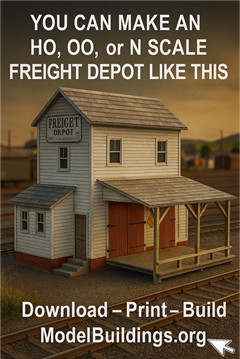
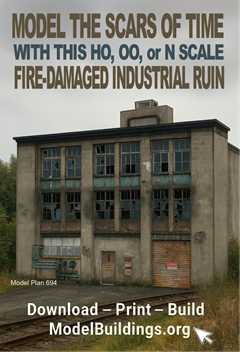
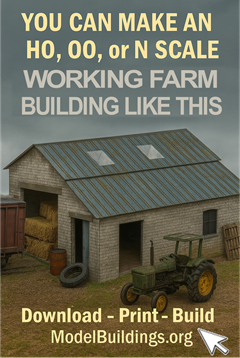
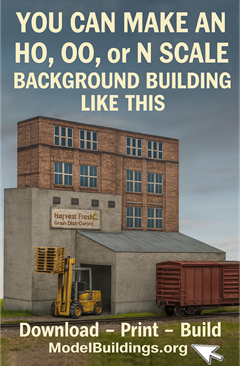
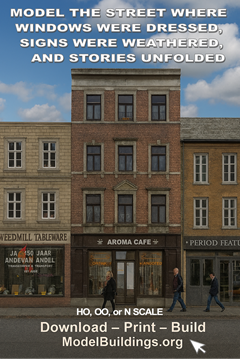

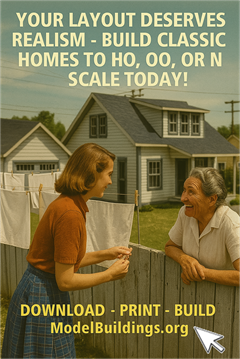
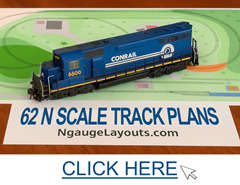
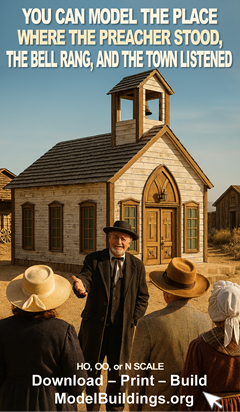
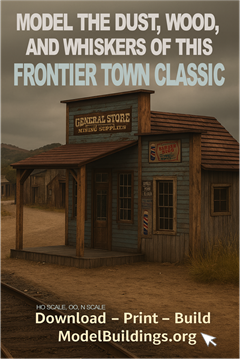
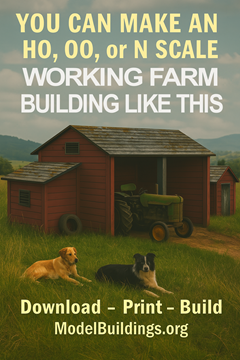
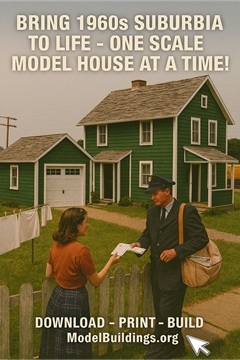
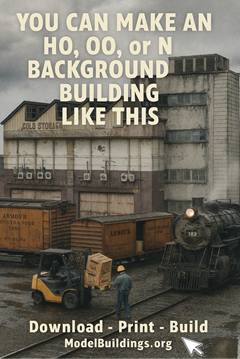
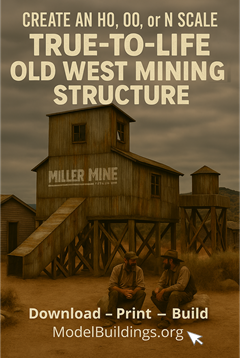
well I believe first your need to know which G scale trains you plan on running.for example. If you have Bachmann trains they are 1:20 scale,. or LGB is 22.5 scale,or Piko 1.29 scale or USA 1.32 scale. All of these trains runs on the same track 45mm gauge. Having all Building the same size? well Look at real life, Building, trees, rocks,plus more they all comes in difference sizes. As for cars it would depend on which scale trains you have. As for me I’m running 22.5 scale or LGB trains so I use 1.32 scale cars. and wish I could find 1.35 or 1.36 scale car. If you have Bachmann 1.20 scale Trains you don’t want to have 1.18 scale cars because the car would be bigger than the train. aAS for cars derailing I thing you may have track issues I use LGB track system and I never have derail problem. some times I’ve turn on my trains, leave for 1 to 2 hours when I get back they are still running good. I hope this answered your question and helps you out I’ve been running G scale trains since 1986 I don’t know it all and never will.but I keep them running.
The train we have is a Bachmann and then we purchased a heavier one that is slightly larger that does not have a name anywhere. The building we have has a doorway that is 4 inches tall. It is light yellow and white and I think it is the older farmhouse from the Aristocraft company but it too does not have a label anywhere. The track itself is brass and is screwed to a base at ground level. It seems to derail at the switches. I also wonder if I do not have enough power going through as the train loses energy as it gains distance from the controller. We have yet to have it run with cars attached. I thank you for you answer last time and I will look sooner next time.
Robert is right; but if it’s still unclear, here’s a bit more. First, technically there is no such thing as “G scale”. G is a track gauge; that is, it has a set distance between the rails. Every manufacturer of G gauge track will make a track that is 45 mm between the rails (1.772 inches) The difficulty you’re running into is that different people and different manufacturers run a variety of different scale models on the same gauge track. Models at 1:20 scale that use G gauge track are what are commonly called “narrow gauge equipment”. They’re modeling prototype roads that have somewhere between two and three feet between the rails in the real world. Those who want to use G gauge track to model the standard US real world gauge of 4 feet 8.5 inches will opt for 1:32 scale. All the model buildings, figures, and rolling stock in 1:20 scale are noticeably larger than their counterparts in 1:32 scale. So, unlike the way it is with HO gauge where almost all manufacturers produce models in 1:87 scale, with G gauge you can’t mix models from different manufacturers very well. (Note that some who model 1:48 scale – commonly associated with O gauge track – use HO gauge track to model narrow gauge railroads.) Yes, the manufacturers are sloppy in their use of words and often call their products “G scale”. You have to pay attention to the numbers.